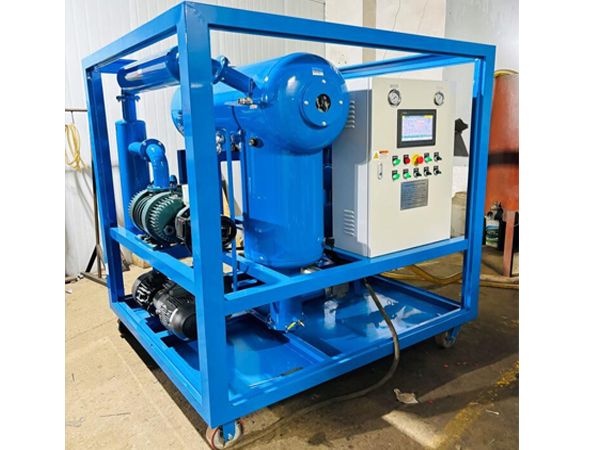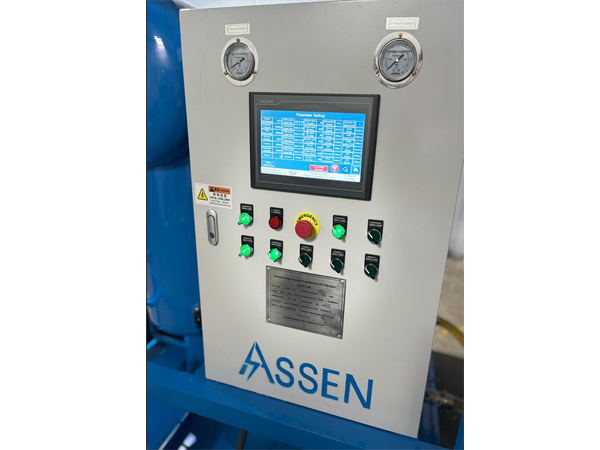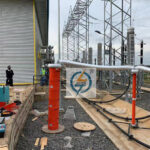Get a Quote
Fill all information details to consult with us to get sevices from us
Developments in Oil Filtration Technology
Oil filtration technology plays a critical role in various industries, from automotive and aerospace to manufacturing and power generation. Effective oil filtration ensures the longevity and efficiency of machinery by removing contaminants that can cause wear, corrosion, and performance degradation. Recent advancements in oil filtration technology have significantly improved how we manage and maintain lubricants, contributing to operational reliability and cost savings.
Understanding Oil Filtration
Oil filtration involves removing impurities from oil, which can include particles like dust, metal shavings, and soot, as well as water and chemicals. Contaminants can adversely affect the oil’s properties, leading to reduced lubrication efficiency, increased friction, and accelerated wear and tear on components. Effective filtration helps maintain oil quality, ensuring it performs its intended function of reducing friction, cooling parts, and preventing corrosion.
Technological Innovations
- Advanced Filter Materials
Recent developments in filter media materials have enhanced the efficiency of oil filtration systems. Modern filters use advanced materials such as nanofibers, synthetic fibers, and high-performance polymers. These materials offer superior filtration capabilities, capturing smaller particles that traditional media might miss. Nanofiber filters, for example, can trap particles as small as a few nanometers, providing a higher level of cleanliness and extending the oil’s useful life.
- Magnetic Filtration
Magnetic filtration technology uses magnetic fields to remove ferrous contaminants from oil. These systems incorporate magnetic elements that attract and hold onto metal particles, preventing them from circulating through the machinery. Magnetic filters are particularly useful in applications where metal wear debris is a significant concern. They can be used in conjunction with traditional filters to provide a more comprehensive filtration solution.
- Centrifugal Filtration
Centrifugal filtration utilizes centrifugal force to separate contaminants from oil. In a centrifugal separator, oil is spun at high speeds, causing heavier particles to move outward and be collected in a separate chamber. This technology is effective for removing larger particles and can be used alongside other filtration methods for enhanced performance. Centrifugal separators are especially valuable in high-load applications where traditional filters may struggle to maintain efficiency.
- Electrostatic Filtration
Electrostatic filtration employs an electric field to attract and capture charged particles within the oil. This technology is effective in removing very fine particles that are not easily captured by conventional filters. Electrostatic filters can improve the overall cleanliness of the oil and extend the intervals between oil changes, reducing maintenance costs and downtime.
- Self-Cleaning Filters
Self-cleaning filters are designed to automatically remove accumulated contaminants without the need for manual intervention. These systems use various mechanisms, such as backwashing or automated scraping, to clean the filter media and maintain optimal performance. Self-cleaning filters are particularly beneficial in applications with high contaminant loads or where manual maintenance is challenging.
Benefits of Advanced Oil Filtration
The integration of advanced oil filtration technologies brings numerous benefits. Improved filtration efficiency leads to cleaner oil, which reduces wear on components and enhances the overall reliability of machinery. By extending the life of the oil and reducing the frequency of oil changes, these technologies contribute to significant cost savings. Additionally, cleaner oil improves system performance and can lead to better fuel efficiency and reduced environmental impact.
Conclusion
As industries continue to push the boundaries of performance and efficiency, advancements in oil filtration technology play a crucial role in meeting these demands. By adopting the latest filtration technologies, companies can ensure their machinery operates smoothly and reliably, ultimately leading to cost savings and extended equipment life. The ongoing innovation in oil filtration promises even greater improvements in the future, further enhancing the capabilities of modern industrial systems.



